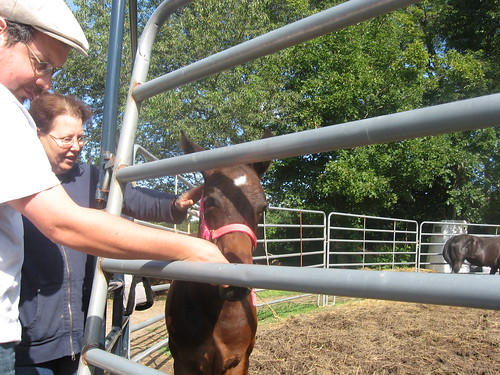🦋 Episodic history
I guess this must be a common dilemma for historians (or "popular writers of history" -- Wyden is a journalist, not a historian): whether to relate the course of events from an eagle's-eye view, and risk losing the lived experience of the events, or to follow the people who are living the events, and risk losing the larger picture. Wyden errs quite clearly (and I think consciously) on the personal side -- his narration is vivid but the connecting thread between episodes is quite weak. It would help if he could pay a little more attention to giving dates -- each chapter is pretty much continuous so if he gave a date at the head of the chapter it would be much easier to fit the chapter's events into the broader narrative. As it is the reader needs to spend a fair amount of time flipping back and forth to figure out what year it is right now (or I do, anyway). Right now the Fascists are about to launch an attack on Madrid, and I had somehow gotten the idea it was the fall of 1937; as it turns out it is still 1936. I certainly do not want to fault Wyden for this choice however -- the personal narratives are a great thing, they make the book shine. I would much rather read this way with a bit of confusion about the course of events, than a dry narrative of troop movements.
posted afternoon of Monday, September first, 2008
➳ More posts about The Passionate War
➳ More posts about Readings
| 
